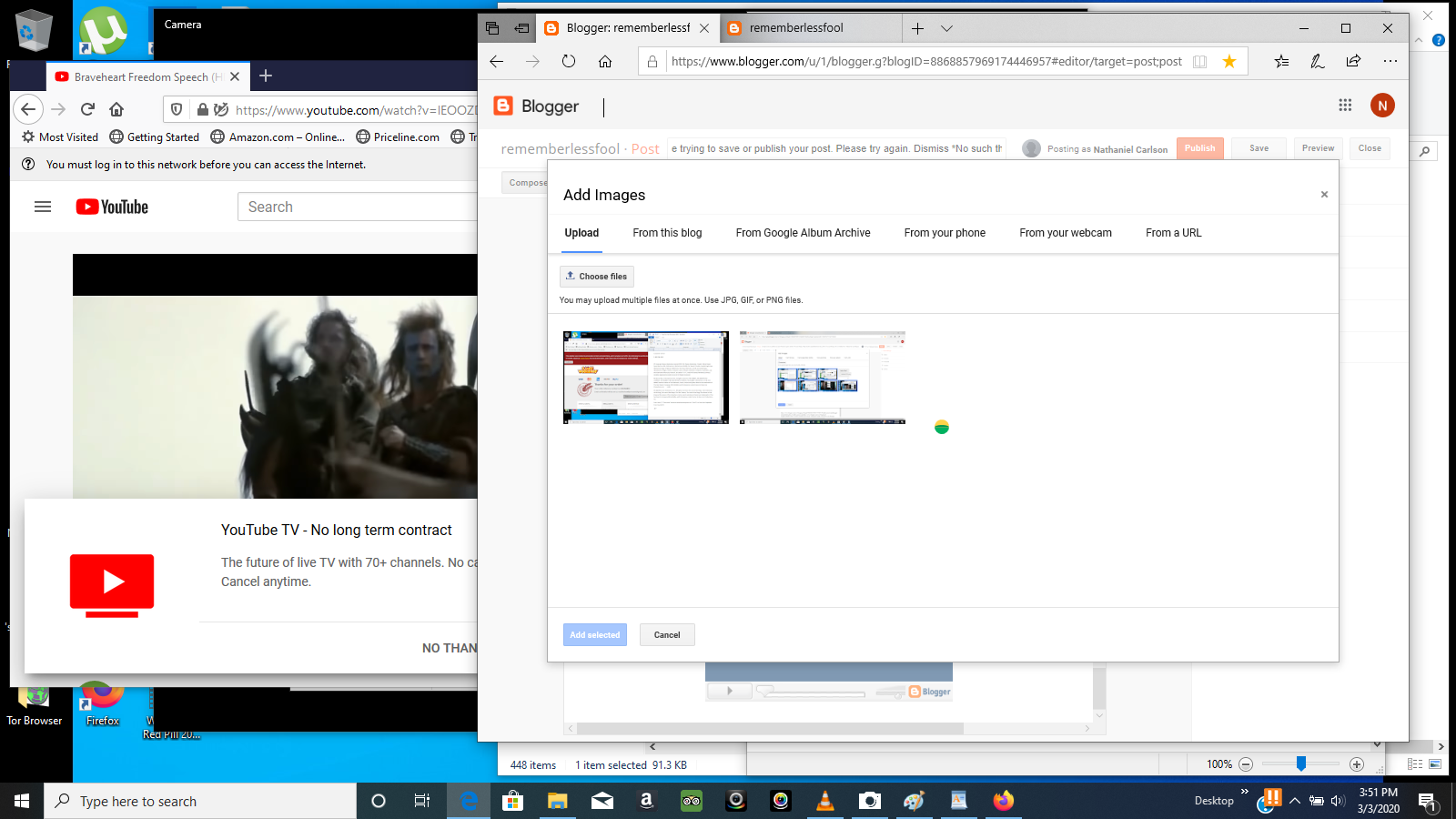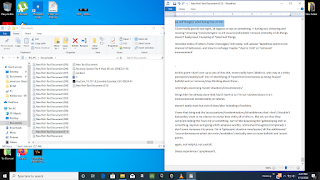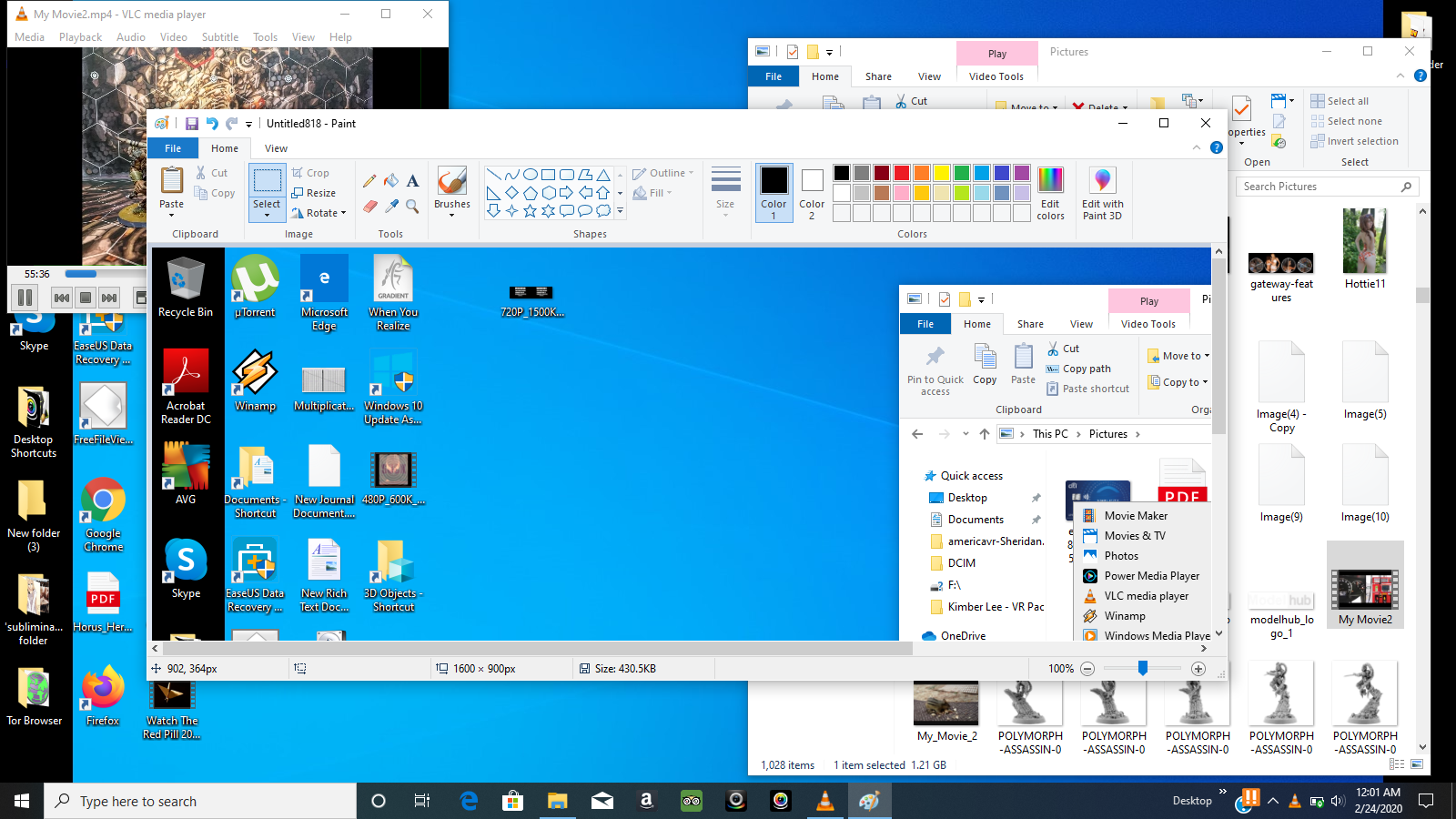-->
- If you're the Microsoft 365 admin of an Office for business plan, users in your organization can only install Office using the steps in this topic as long as your plan includes the desktop version of Office, and you've assigned the user a license and given them permission to install Office (Manage software download settings in Microsoft 365).
- I really like the integration of the outlook app with Outlook on my Windows 10 PC, OWA and my Mac. The experience and functionality are very similar between platforms which make it easy for me to switch between them and still be productive. My biggest problem with the Outlook on iOS though is that it’s completely isolated from the rest of iOS.
- You can't download Outlook on your Mac for free unless you try it out as a free 30-day trial version of Microsoft 365. You could use the free webmail version of Outlook at Outlook.com, or there are other POP and IMAP email clients that you may want to explore. Information in this article applies to Outlook for Mac.
Should I buy Office for Mac 2016? These criticisms can be set aside, however, because at its heart the new Outlook is a solid email app that’s surprisingly stable and usable in this early release.
Original KB number: 2648915
Summary


This article contains information about the compatibility of Microsoft Outlook for Mac and Apple iCloud.
Outlook for Mac does not support Apple iCloud calendar (CalDAV) and contact (CardDAV) synchronization.
Outlook for Mac does support iCloud Mail. For steps on how to configure your iCloud email account in Outlook for Mac, go to the More Information section of this article.
More information

To configure your Apple iCloud email account in Microsoft Outlook for Mac, follow these steps:
Latest Version Of Outlook For Mac
Start Outlook for Mac.
On the Tools menu, select Accounts.
Select the plus (+) sign in the lower-left corner, and then select Other E-mail.
Enter your E-mail Address and Password, and then select Add Account.
Note
The new account will appear in the left navigation pane of the Accounts dialog box. The Server Information may be automatically entered. If not, follow the remaining steps to enter this information manually.
Enter one of the following in the Incoming server box:
imap.mail.me.com(forme.comemail addresses)mail.mac.com(formac.comemail addresses)imap.mail.me.com(foricloud.comemail addresses)
Select Use SSL to connect (recommended) under the Incoming server box.
Enter one of the following in the Outgoing server box:
smtp.mail.me.com(forme.comemail addresses)smtp.mac.com(formac.comemail addresses)smtp.mail.me.com(foricloud.comemail addresses)
Select Use SSL to connect (recommended) under the Outgoing server box.
Select Override default port under the Outgoing server box, and then enter 587 in the Outgoing server port text box.


After you have entered the incoming and outgoing server information, Outlook for Mac will start to receive your email messages.
Outlook 2019 For Mac Download
Note
Download Outlook 2016 For Free
You can select Advanced to enter additional settings, such as leaving a copy of each message on the server.